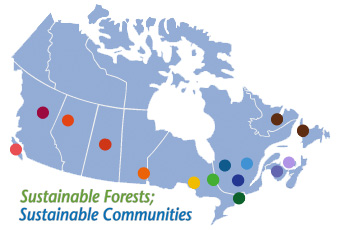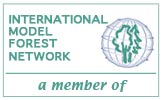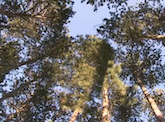Steve deWolfe, General Manager of the PEI Model Forest Network Partnership (PEIMFNP), invited Leanne Elliott to present an overview of the CMFN at their Partnership Meeting on May 17 in Charlottetown. Given the growing profile and capacity of the PEIMFNP, they are exploring options for becoming more involved with the CMFN into the future. PEIMFNP is currently a project under the Nova Forest Alliance and also receives funding from other provincial sources. Since 2002, it has been actively engaged in a broad range of forestry, community, and education initiatives and activities on the island.
CMFN Presents to PEIMFNP
CMFN Spotlight
Click here for Latest Member News!
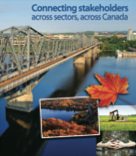 The Canadian Model Forest Network (CMFN) is a not-for-Profit organization that connects stakeholders, facilitates knowledge transfer and develops practical tools, programs, and best practices that support responsible resource management.
The Canadian Model Forest Network (CMFN) is a not-for-Profit organization that connects stakeholders, facilitates knowledge transfer and develops practical tools, programs, and best practices that support responsible resource management.
Recent Publications
-
Biomass Heating & Electricity Production: A Guide for Rural Communities in Canada
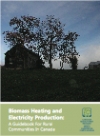
Canada is a resource rich country, supporting a wealth of renewable and non-renewable resource industries. Canadians are stewards to a large portion of the world’s temperate and boreal forests. These forests provide a range of ecological services: from water purification and storage, erosion and flood control and air quality protection, to the provision of wildlife habitat. Forests also play a critical role in climate change mitigation, with Canadian forests sequestering an estimated 95 billion tonnes of carbon. Forests provide a range of economic values: from traditional forest products, recreational values and trapping, to the potential for energy production.
-
Building on the strengths of your community
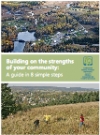
Each Model Forest works regionally to promote the sustainable management of large forest landscapes through research, education and applied projects. Model Forests support forest- based communities by bringing together the information, tools and best practices needed to overcome obstacles and identify new opportunities. This guide was developed under the national Socio-Economic Indicators program. It is supported by a steering committee of CMFN members and partners from across the country.
-
Pathways to Climate Change Resilience
This Guidebook and the accompanying Community Resource Collection has
been crafted based on the idea that Canadian rural communities in forest settings want guidance in
understanding and acting to reduce community impacts from the changing climate. Collecting information
and existing tools into a useful framework has been the first step for this initiative.For Resource Collection Click Here and for the Guidebook Click Here
